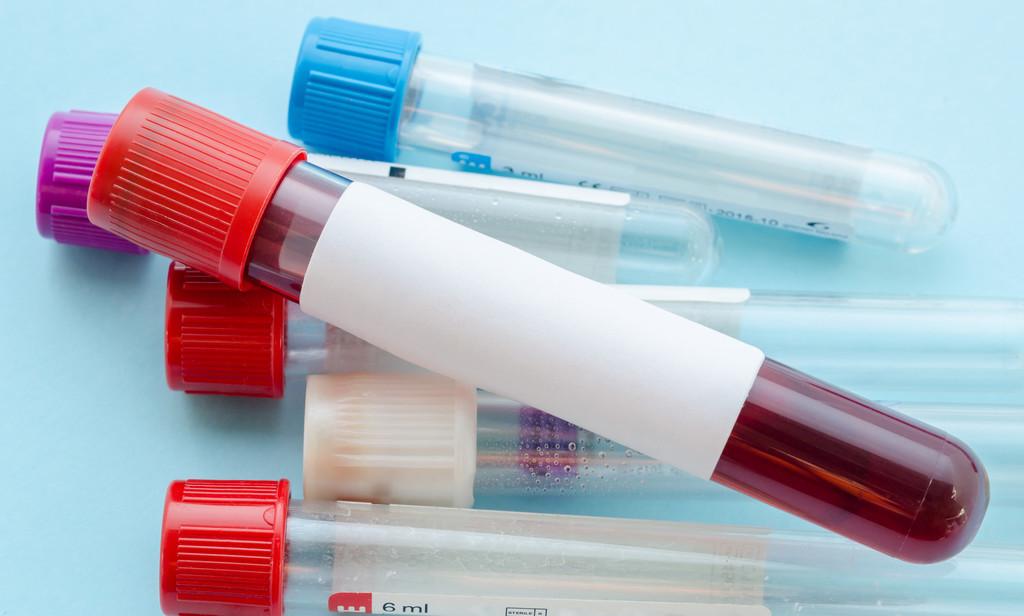Miss Li, who needs surgery today due to secondary hyperparathyroidism, has a preoperative blood group identification result of type B rh negative. Rh-negative blood type is the "panda blood" we mentioned. In addition to the abo blood group system that we are familiar with, there are various other blood group systems, among which the abo system and the RH system are commonly used in clinical practice. In 1940, Landsteiner and Wiener experimentally demonstrated that most human red blood cells had the same antigen as rhesus monkey red blood cells, resulting in the discovery of rhemic blood group.

In China, most ethnic groups, including Han, rh-positive account for 99%, only in a few ethnic groups such as Tatar, Miao, etc. account for more than 10%, so rh-negative blood type is very rare, just like the panda is as precious, "panda blood" The reputation of "panda blood" probably comes from this.
Unlike the abo blood type, the absence of natural antibodies to rh in the human serum means that rh-negative patients do not have a significant transfusion reaction when they receive rh-positive blood supply for the first time, but when they receive positive blood again after that, hemolysis occurs; secondly, rh antibodies can pass through the placenta, rh-negative women will also produce antibodies when pregnant with rh-positive fetuses, but because they are generally only produced in the late stages of childbirth, they will not have a significant impact on the first child, but the subsequent pregnancy will most likely occur neonatal hemolysis. Therefore, rh-negative mothers should neutralize antigens in vivo in time after giving birth to the first child to prevent the occurrence of hemolysis in subsequent pregnancies.
All in all, "panda blood" has nothing to do with pandas, but because of monkeys, rabbits (experimental animals) have also helped a lot, and people who shed "panda blood" still have and only one indulgent blood transfusion opportunity in their lives. Rh-negative blood types are so rare that many patients who need a blood transfusion lose their lives because they don't have a blood source, so you are indispensable to being "chosen", and each blood donation you make may save a "compatriot" who is bleeding the same blood type as you. In addition, mothers of the "panda blood type" who are pregnant also need to emphasize their blood type with the doctor.
Rh-negative blood is very scarce, most of the hospital blood banks are difficult to prepare, fortunately Miss Li's surgical process is very smooth, we carefully separate the coagulation blood vessels, so that the intraoperative bleeding is less than 10ml, and the precious "panda blood" is not used. #Breeze Plan ##医联媒体超能团 #